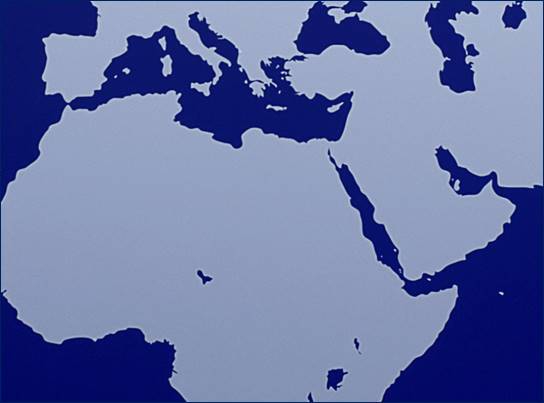Preventing torture in police custody in MENA – Report of CTI Event published
Geneva, 13 April 2016 – The report of the regional workshop held from 13–15 December 2015 in Marrakech, Morocco, is now available.

The regional workshop, hosted by the Kingdom of Morocco and convened by the Convention against Torture Initiative in partnership with Wilton Park brought together more than 70 participants. Bahrain, Egypt, Iran, Jordan, Kuwait, Lebanon, Libya, Mauritania, Morocco, Qatar, Saudi Arabia, State of Palestine, Tunisia and the United Arab Emirates were all represented, along with members of the CTI core group and the CTI’s Group of Friends.
The report outlines the major challenges facing countries in the region, as well as a broad range of recommended practices, drawn from the discussion, to help improve safeguards and treatment in police custody.
Noting that the risk of torture and other forms of ill-treatment is high in the first few hours in police custody, the meeting focused on advancing practical, realistic and country-specific strategies and safeguards against torture. Building a police culture that sees the police and law enforcement as part of the community rather than separate from it was considered fundamental to changing police attitudes, alongside rights education in schools, universities and through public awareness campaigns. Likewise recruitment and promotions policies need to be open and transparent, representing all segments of the community.
The existence of police practices that focus on obtaining ‘confessions’ above other criminal investigative techniques was highlighted as a particular challenge, yet one that could be overcome. A review of police custody arrangements and safeguards should be routine. Participants called for greater investment in training of law enforcement on, for example, professional skills in non-coercive interviewing methods, as well as in scientific and other technical aspects of criminal investigation. Technology was also observed as being able to play an important role in preventing torture, for example by ensuring that police interviews are recorded. Such simple changes to police interviewing practices not only protect the detainee against torture and ill-treatment, but equally protect law enforcement officers against false accusations.
As an issue across all regions, the CTI has made preventing torture in police custody a thematic priority in its 2016-17 Ratification and Implementation Strategy. Concretely, in later 2016, the CTI Secretariat will start to compile and disseminate training tools and other materials through this website.

